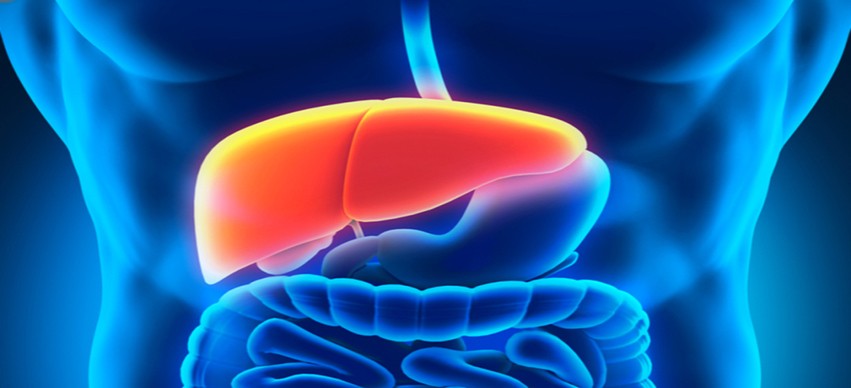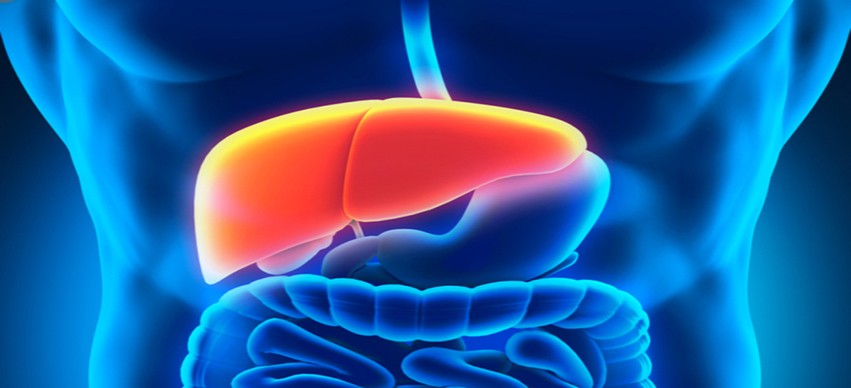What Comprehensive Oral Care Really Looks Like in Modern Den..
11 Min Read


Liver is a vital part of our digestive system, and one of the most important organs in our body. Your Liver is amazing. It is the only organ in your body that has the ability to regenerate itself by creating new tissue. That means it can still function, even if a significant part of the organ is diseased or removed. It performs over 500 jobs that keeps you feeling great. The liver acts like a filter: it helps digest food by straining out bad chemicals and substances from the food we eat. The liver does many jobs, but here are the big ones:
Your liver helps detoxify and destroy any harmful toxins that enter your blood stream. Why do you have toxins in your blood in the first place? Some may simply be a by-product of a normal metabolic function, like breaking down protein, others may be inhaled or injested substances like drugs, alcohol, or other harmful Chemicals.
Its a well known fact that we all need carbohydrates for energy. But did you know that it’s your liver that does the job of managing the release of this vital energy source? Once carbs have been broken down into glucose in your gastrointestinal tract, the glucose enters the blood stream and is taken straight to your liver to regulate and maintain healthy levels. Your liver also stores excess glucose in the form of glycogen, ready for converting back into glucose when levels drop between meals, during exercise or when the body needs a quick energy boost.
Bile is a digestive juice which helps the body absorb fat from the gut(the duodenum, part of the small intestine) into the bloodstream. The liver makes this thick, yellowish-green substance, then stores it in the gall bladder until the body needs some to digest fats.
Your liver plays an important role in fighting infections, particularly infections arising in the bowel. It contains cells known as macrophages, which form part of the body's defense mechanism. The macrophages in the liver destroy any bacteria that it comes in contact with.
Liver helps with blood clotting, that is what helps you stop bleeding not long after you get a wound or a cut. You should thank your liver next time you take some medicication. Say, When you take a pain reliever for a headache, the liver takes the active ingredient and breaks it down so your body can use it to make your headache go away! The liver also plays a key role in regulating the cholesterol levels in your body. Not only does it synthesize cholesterol for export to other cells, but it also removes cholesterol from the body by converting it to bile salts and excreting it into the bile.
Now that you know how much your liver does for you, you're probably wondering what you can do for it. Living healthy is the best way to care for your liver. The liver can be damaged if a person is very obese or consumes too much alcohol. So be active, eat a healthy diet, and your liver will keep on working hard to keep you healthy.